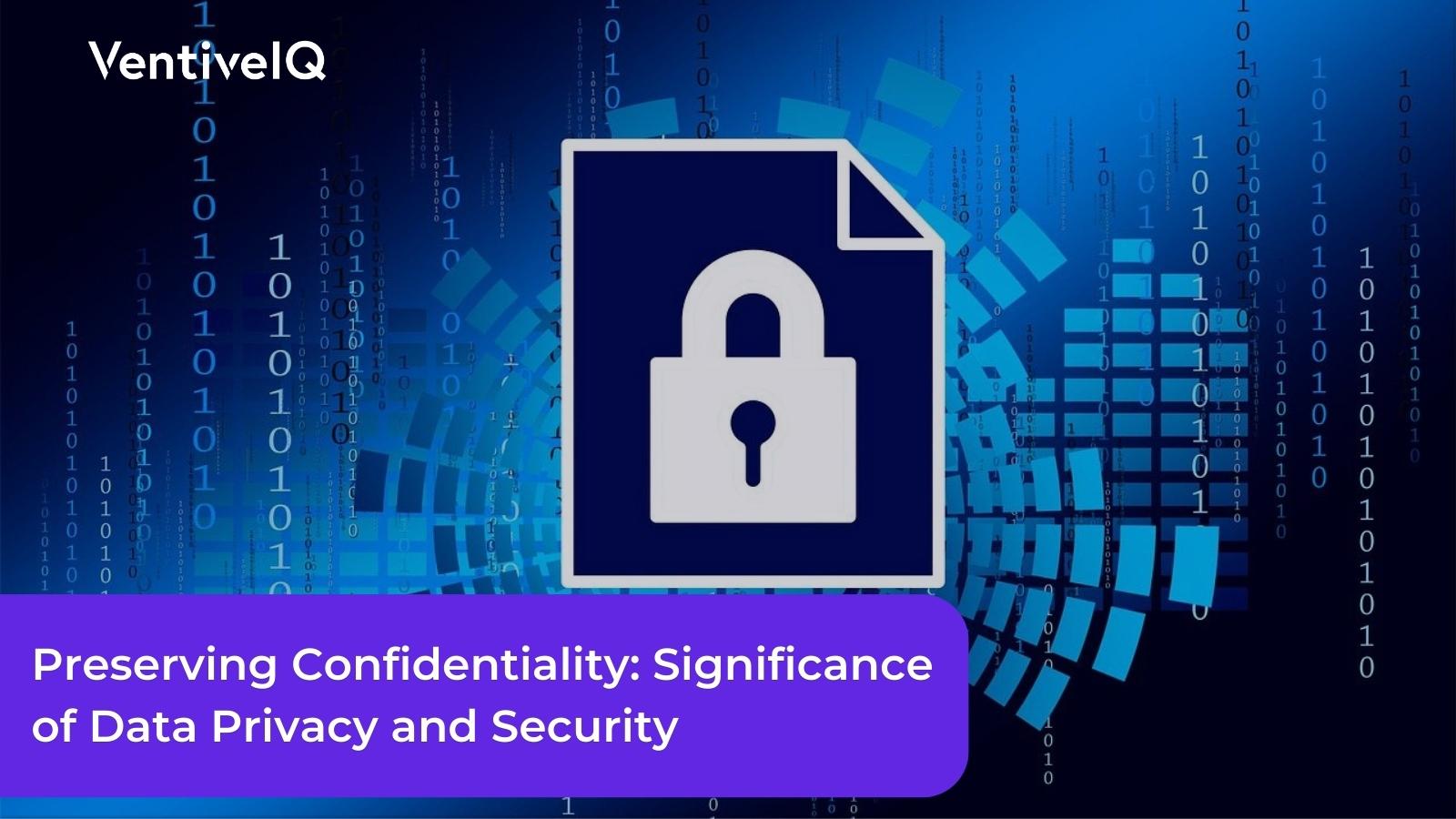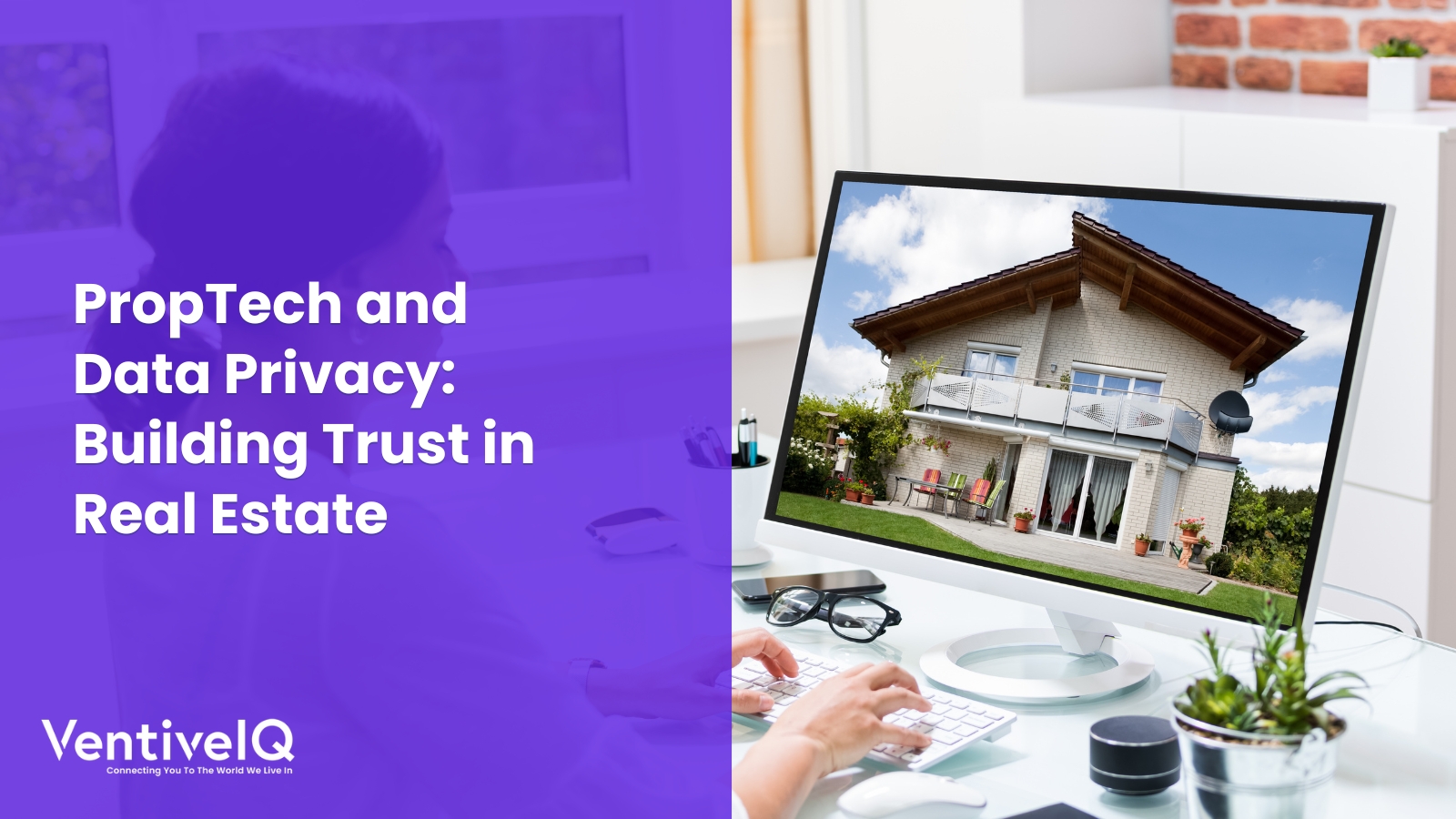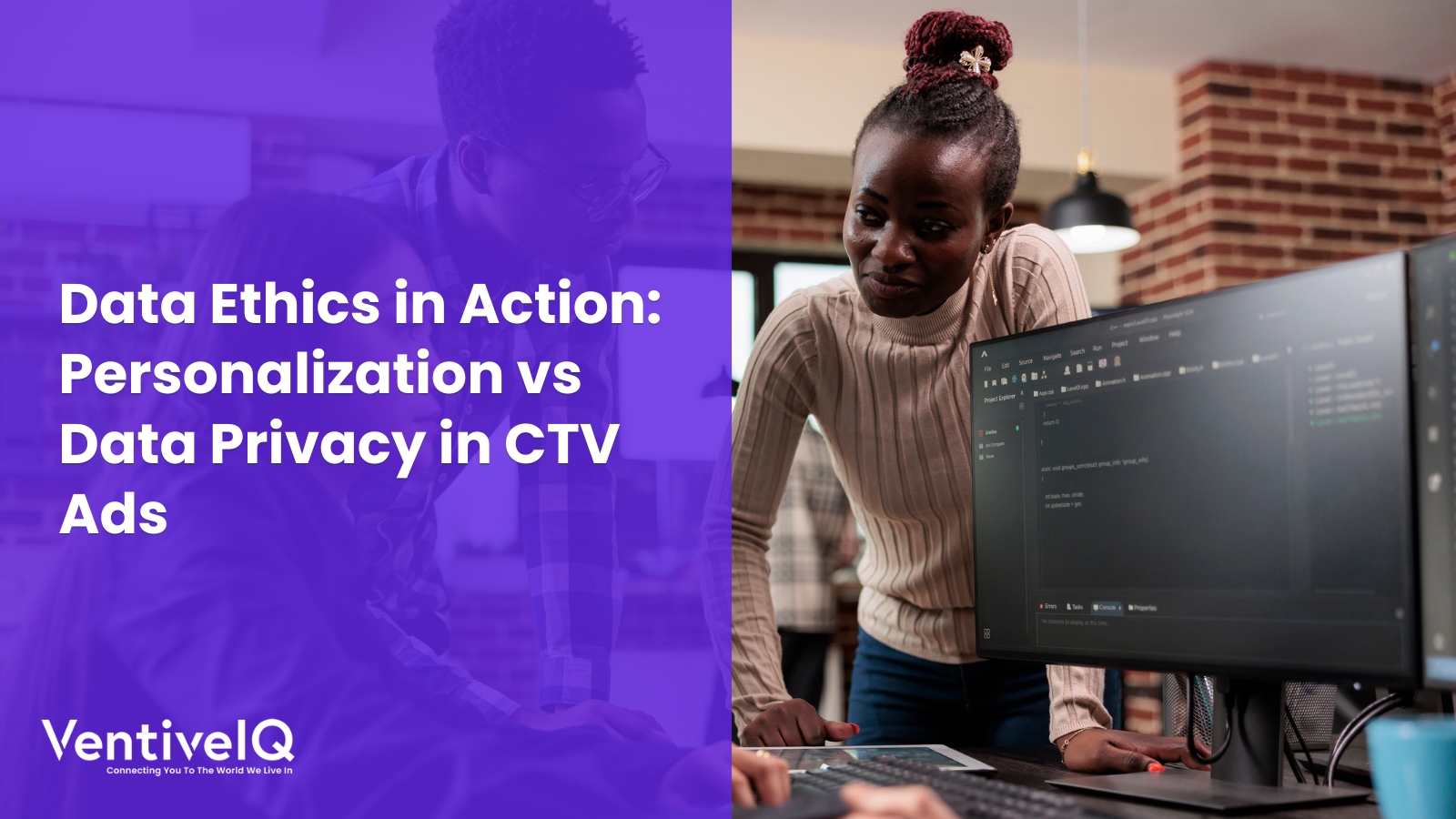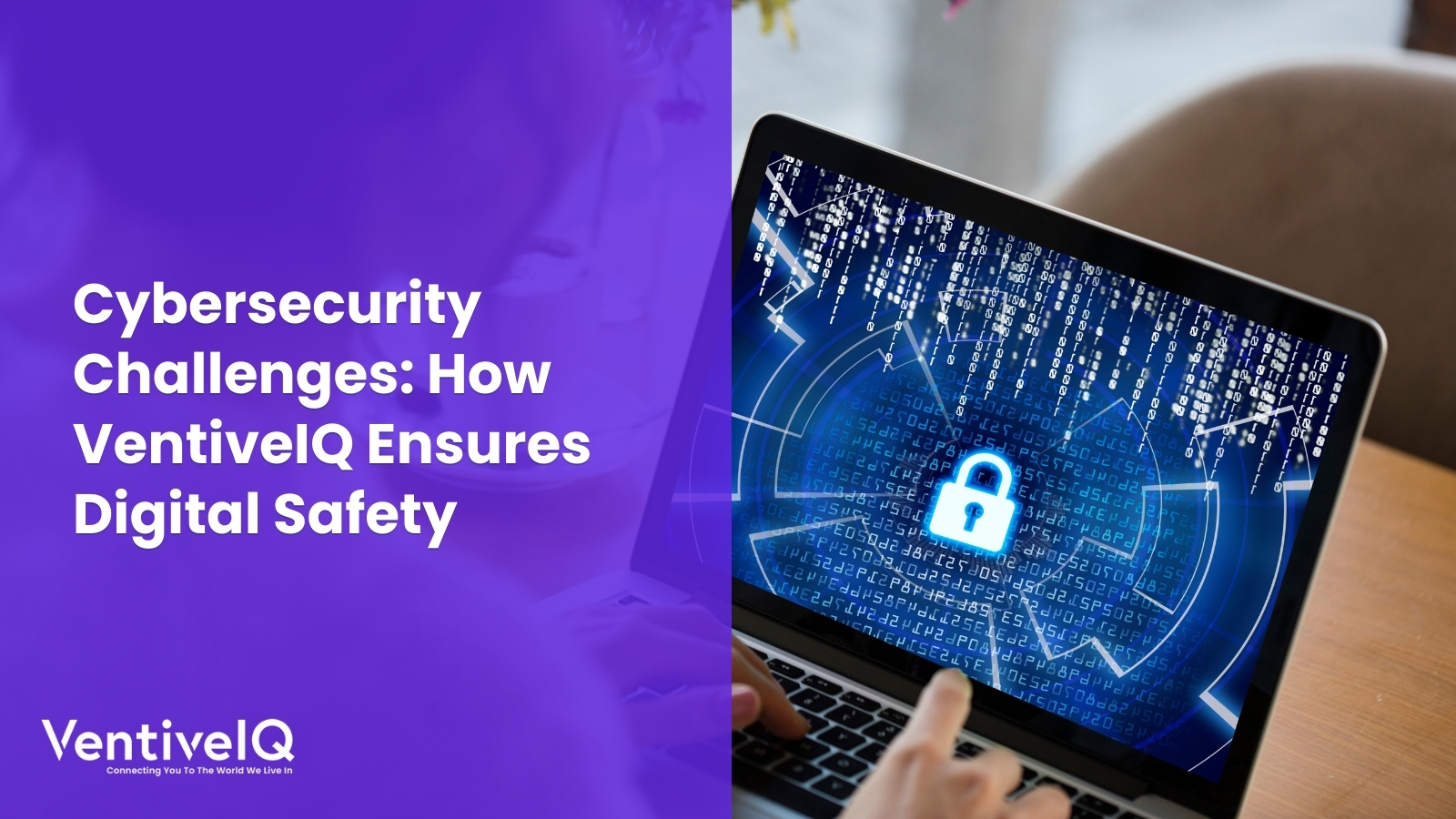Introduction
In today’s digitally connected world, data has become an asset driving innovation and shaping our lives. However, this growing reliance on data brings with it the crucial need for data privacy and security. The preservation of individuals’ personal information, the prevention of unauthorized access, and the protection of sensitive data have become paramount. This blog explores the significance of data privacy and security, the potential risks and challenges, and the measures we must take to ensure a safe and secure digital future.
The Significance of Data Privacy
The concept of data privacy pertains to the entitlement individuals have in governing the gathering, utilization, and sharing of their personal data. In an era where data is collected and analyzed extensively, safeguarding privacy becomes essential. Maintaining data privacy empowers individuals to make informed decisions about their personal information and protects them from unauthorized use.
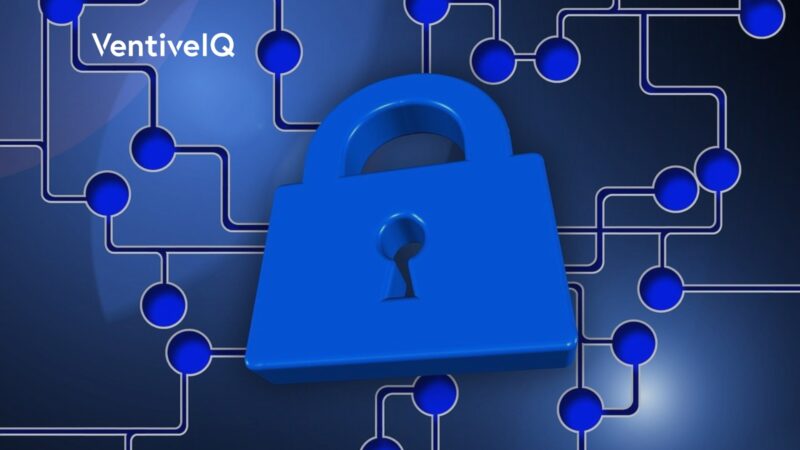
Data breaches and unauthorized access have become increasingly prevalent, exposing millions of people to potential harm. The loss of personal data, such as financial information or medical records, can lead to identity theft, financial fraud, or reputational damage. Therefore, individuals must have control over the data they share, and organizations must adopt stringent privacy policies and practices.
Preserving data privacy not only safeguards individuals but also fosters trust between businesses and their customers. When organizations prioritize data privacy, they demonstrate their commitment to protecting customer interests, which, in turn, enhances their reputation and customer loyalty.
There are a number of different ways to protect your data privacy and security. Some of the most important include:
-
- Use strong passwords and keep them confidential. An ideal password consists of a minimum of 8 characters, combining both uppercase and lowercase letters, numbers, and symbols. It is crucial to refrain from sharing your passwords with others.
- Be careful about what information you share online. Only share information that you are comfortable with being public. Be especially careful about sharing financial information, medical information, or other sensitive data.
- Use security software. A good security software program can help to protect your computer from malware and other threats. Ensure that you regularly update your security software.
- Be aware of the risks. It is important to be aware of the risks associated with online data privacy and security. Phishing scams, data breaches, and other attacks are all real threats. By being aware of the risks, you can take steps to protect yourself.
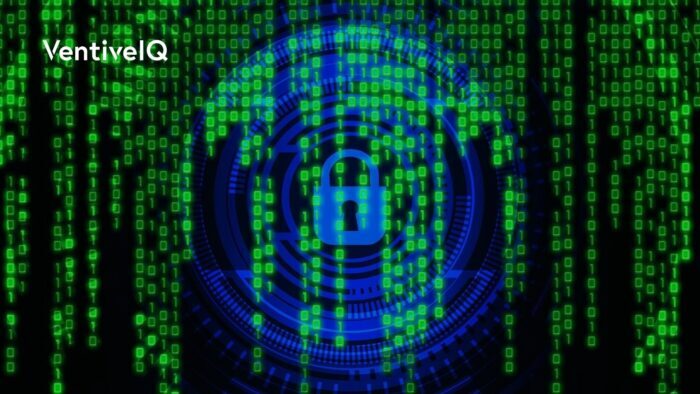
Data privacy and security hold significant importance for various reasons. Primarily, safeguarding your personal information is of utmost significance. This information can be used by criminals to commit identity theft, fraud, or other crimes. Second, data privacy and security is important for businesses. Businesses need to protect their customers’ data in order to maintain trust and keep their businesses running smoothly. Third, data privacy and security is important for society as a whole. A society where data is not secure is a society that is vulnerable to attack.
There are a number of different things that can be done to improve data privacy and security. Governments can enact laws and regulations that protect data. Businesses can implement security measures to protect their data. Individuals can take steps to protect their own data. By working together, we can create a world where data is safe and secure.
The Importance of Data Security
Data security encompasses the measures and practices implemented to protect data from unauthorized access, corruption, or theft. Robust data security measures are crucial to safeguard sensitive information and maintain the integrity and availability of data.
Cyberattacks, such as hacking and ransomware, pose significant threats to data security. These attacks can disrupt essential services, compromise sensitive information, and cause substantial financial losses. Moreover, as technology advances, new vulnerabilities emerge, making data security an ongoing challenge.
Ensuring data security is not limited to organizations alone; individuals also play a crucial role. Simple measures like using strong passwords, regularly updating software, and being cautious of phishing attempts can go a long way in safeguarding personal data.
Protecting data security is not only essential for individuals but also for businesses and governments. Companies rely on data to make informed decisions and gain a competitive edge, while governments require accurate data to shape policies and provide public services effectively. Without robust data security measures, these entities risk losing valuable data and compromising their operations.
How to Protect Your Data Privacy and Security
There are a number of things that you can do to protect your data privacy and security. Here are a few tips:
-
- Be careful about what information you share online. Only share information that you are comfortable with being public. Be especially careful about sharing financial information, medical information, or other sensitive data.
- Use strong passwords and keep them confidential. An ideal password consists of a minimum of 8 characters, combining both uppercase and lowercase letters, numbers, and symbols. It is crucial to refrain from sharing your passwords with others.
- Use security software. A good security software program can help to protect your computer from malware and other threats. Ensure that you regularly update your security software.
- Be aware of the risks. It is important to be aware of the risks associated with online data privacy and security. Phishing scams, data breaches, and other attacks are all real threats. By being aware of the risks, you can take steps to protect yourself.

Here are some additional tips for protecting your privacy and security of data:
-
- Use a privacy-focused browser. There are a number of different privacy-focused browsers available, such as Brave and Firefox. These browsers have features that can help to protect your privacy, such as blocking trackers and ads.
- Use a VPN. The utilization of a VPN (virtual private network) aids in safeguarding your privacy by encrypting your data traffic and directing it through a server situated in a different geographical location. This can make it more difficult for someone to track your online activity or steal your data.
- Beware when selecting and installing applications on your mobile device. Only install apps from trusted sources and read the permissions carefully before installing. Some apps may request access to sensitive information, such as your location or your contacts.
- Be careful about what links you click on. Phishing scams are emails or messages that appear to be from a legitimate source, such as your bank or a social media platform. These emails or messages might include links that, upon clicking, redirect you to a deceptive website designed to resemble the authentic one. Once you enter your login information on the fake website, the attacker can steal your information.
- Be aware of the latest data breaches. Data breaches are when a company’s data is stolen by hackers. When a data breach occurs, it is important to be aware of the information that was stolen. This information can then be used to protect yourself from identity theft or other crimes.
VentiveIQ respects your privacy and allows you to opt out of marketing messages. We are not a credit reporting agency and do not influence credit decisions. Also, we employ advanced security protocols and cutting-edge technology to safeguard both business and consumer data.
Conclusion
In our increasingly interconnected world, the importance of data privacy and security cannot be overstated. Preserving the privacy of data empowers individuals, builds trust, and mitigates risks associated with unauthorized data use. Similarly, data security measures are essential for protecting sensitive information, preventing cyberattacks, and ensuring the seamless functioning of businesses and governments. To promote the privacy and security of data, individuals should be mindful of the data they share, exercise caution online, and adopt good cybersecurity practices. Organizations must prioritize the implementation of robust security measures, regularly update their systems, and comply with relevant privacy regulations.
